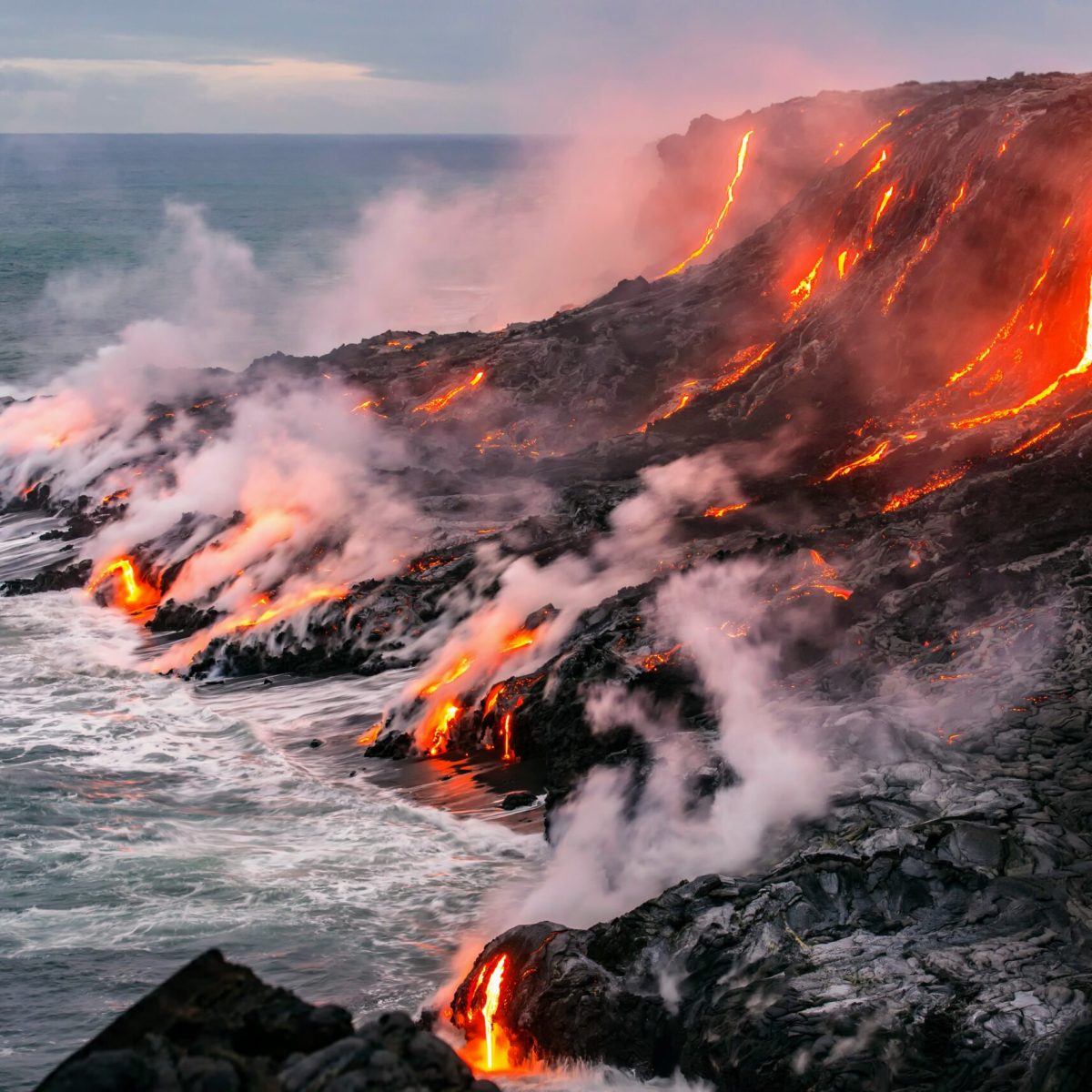The impact of large volcanic eruptions on climate change has been studied for centuries. However, a recent study by Trinity College in Dublin has found that these eruptions have played a significant role in the collapse of several dynasties in China. The study, published in the journal Communications Earth & Environment, analyzed 156 volcanic eruptions that occurred between the years 1 and 1915. The researchers then linked this data with historical records of 68 dynasties in China. The analysis revealed that 62 of the dynasties collapsed following one or more large volcanic eruptions.
The study found that these eruptions had a significant impact on the climate, leading to poor harvests and crop failures. This, in turn, destabilized the dynasties, leading to their eventual collapse. The researchers noted that the collapse of a dynasty is a complex process that depends on several factors. While volcanic eruptions were a significant contributing factor, other factors such as corruption in administration and poor leadership also played a role.
The study also found that smaller climate shocks following a volcanic eruption could lead to the collapse of a dynasty if there were already existing socio-economic or political problems. However, in cases where there was little pressure before the eruption, the impact of the volcanic eruption alone was enough to cause the collapse of a dynasty. The study highlights the importance of understanding the impact of natural disasters on human societies and the need for effective disaster management strategies.










